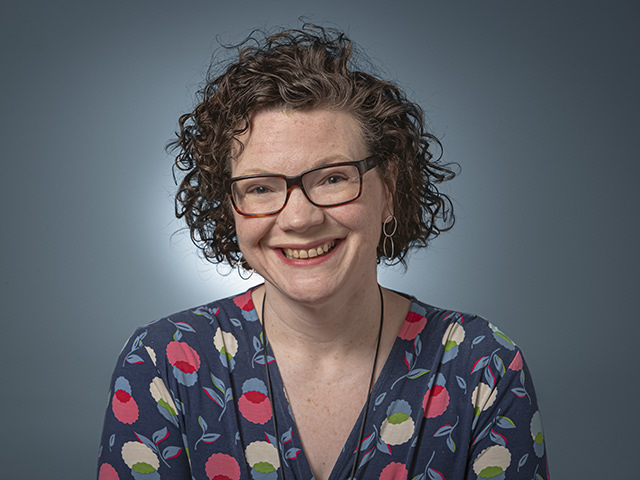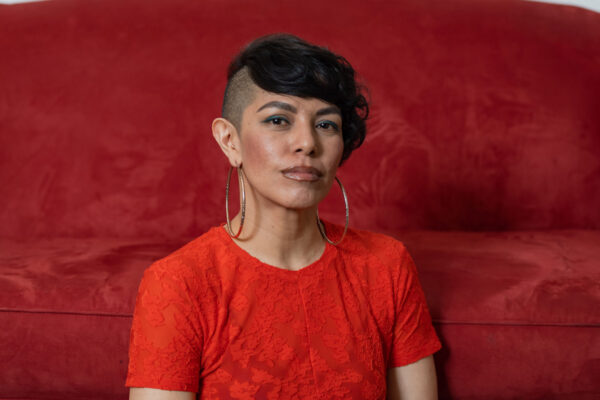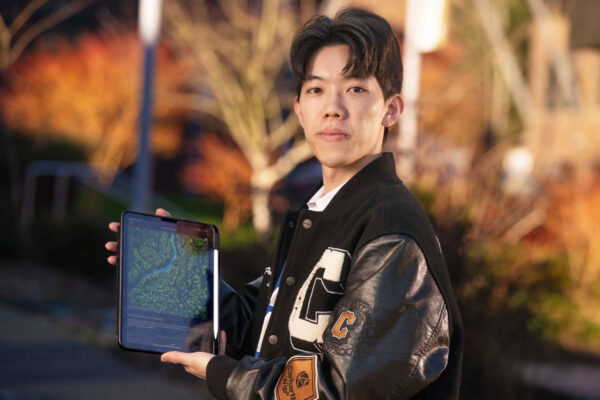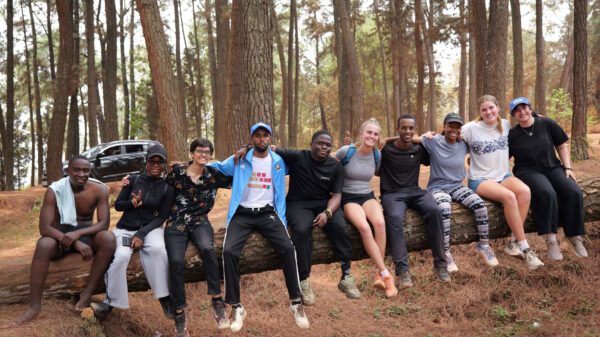
By Dr. Meghan Eagen-Torkko
A few weeks ago, my daughter was doing an assignment to practice interviewing skills. She sat me down and said, very seriously, pencil poised, “How did you choose your profession?” She was, I think, expecting something logical and high-minded simultaneously, something that would explain the compulsion I’ve had not only to work in a job where wearing pajamas is considered normal but also to get more and more education in that job.
I’m pretty sure I disappointed her because my reason for becoming a nurse was that I wanted to be able to live without having roommates. Nursing was the solution for a working-class kid who was the first in her family to graduate from college to do work that I found interesting and important, and also pay the bills no matter what. And to be honest, over 20 years, nursing has never disappointed in that.
Two decades ago, I was a fresh-faced first-year nursing student, still starry-eyed over what I embarrassingly still call “the magic of birth.” I was sure that I would not work for long as a bedside nurse but instead would skip nimbly to what I thought was a higher goal as a certified nurse-midwife. As a CNM, I would be an independent provider, able to prescribe medications, admit patients to the hospital, catch babies and generally ignore the parts of nursing school at which I did not excel (starting IVs and calculating fluid balance top among them). I would solve the U.S. cesarean rate problems! Cure our reliance on antibiotics! Convince physicians of the importance of midwifery single-handedly! Possibly bring world peace!
Boy, did I have a lot to learn.
Health care in the United States is a deeply dysfunctional non-system, and nursing — the profession I love so much — is embedded in that. We have the highest rate of infant mortality of any peer nation and spend significantly more on health care on a per capita basis. Racism is embedded in American health care from its origins, and even nursing, which celebrates the birthday of Florence Nightingale every May, has yet to wrestle with the realities of a profession based in historical racism and classism now caring for an increasingly diverse United States.
This past year, we have experienced a profound rupture of the relationships and trust we have with the systems in which we work, when we were told to wear improvised personal protective equipment or none at all, when policies were changed on an almost-hourly basis and when we were asked to care for patients in the setting of a global respiratory pandemic with no clear way to do so safely. Nursing experiences the effects of sexism on a largely-female profession and is challenged over what role we should assume in a health care system that is changing before our eyes.
And yet, if you had told me all this 20 years ago, I still would have become a nurse because it has been such a privilege to do this work, to walk through transitions with patients and families, to inhabit this intimate space of birth and death.
As a nurse, I have cared for thousands of laboring and birthing families. I have seen almost 2,500 new people born into this complicated world, and I have seen others pass from it. I have held people through contractions, told them they were doing great, that their babies would soon be here, while listening to the galloping fetal heartbeat on the monitor with half an ear, and I’ve squeezed in bags of blood for transfusions while hoping that we could get it in fast enough (and no, I never got to escape my old nemesis of starting IVs). As a midwife, I’ve caught babies, assisted with cesareans, inserted IUDs, managed miscarriages and treated people for infections.
Most of what I’ve done as a nurse and as a midwife has been to hold watchful space, to pay attention, to listen and to hear. That’s the part I am most proud of and what I try to bring to my research and to my teaching: the willingness to sit and hear, to be with my patients.
At UW Bothell, I teach nursing ethics, health systems and policy, and social justice and health. My research centers on how power intersects with sexual and reproductive health, especially in BIPOC and LGBTQ+ communities. Nursing is a powerful framework for doing research that sees people in context because that is literally the job of nurses: to holistically assess and care for people where they are.
Two decades ago, I didn’t know that; I didn’t know how much I would still be learning and growing as a clinician and as a researcher every day, or that I would still feel like a nurse even though I only see patients once a week.
Despite the histories of nursing and midwifery — histories we still are reckoning with — I am proud to call myself a nurse all these years later and so glad that my dislike of roommates turned out so well. Nursing has been good to me, and I hope it’s as good to all my students.
Dr. Meghan Eagen-Torkko is an assistant professor and director of Nursing for UW Bothell’s School of Nursing & Health Studies. She maintains a clinical practice in the Family Planning Program at Public Health Seattle-King County where she provides sexual and reproductive health care to a diverse clientele. Her research has recently addressed the effects of the COVID-19 pandemic on nurses and birthing families and the ethical obligations of nurse-midwives in abortion care. Eagen-Torkko also serves in a number of leadership roles in nursing and midwifery nationally.


